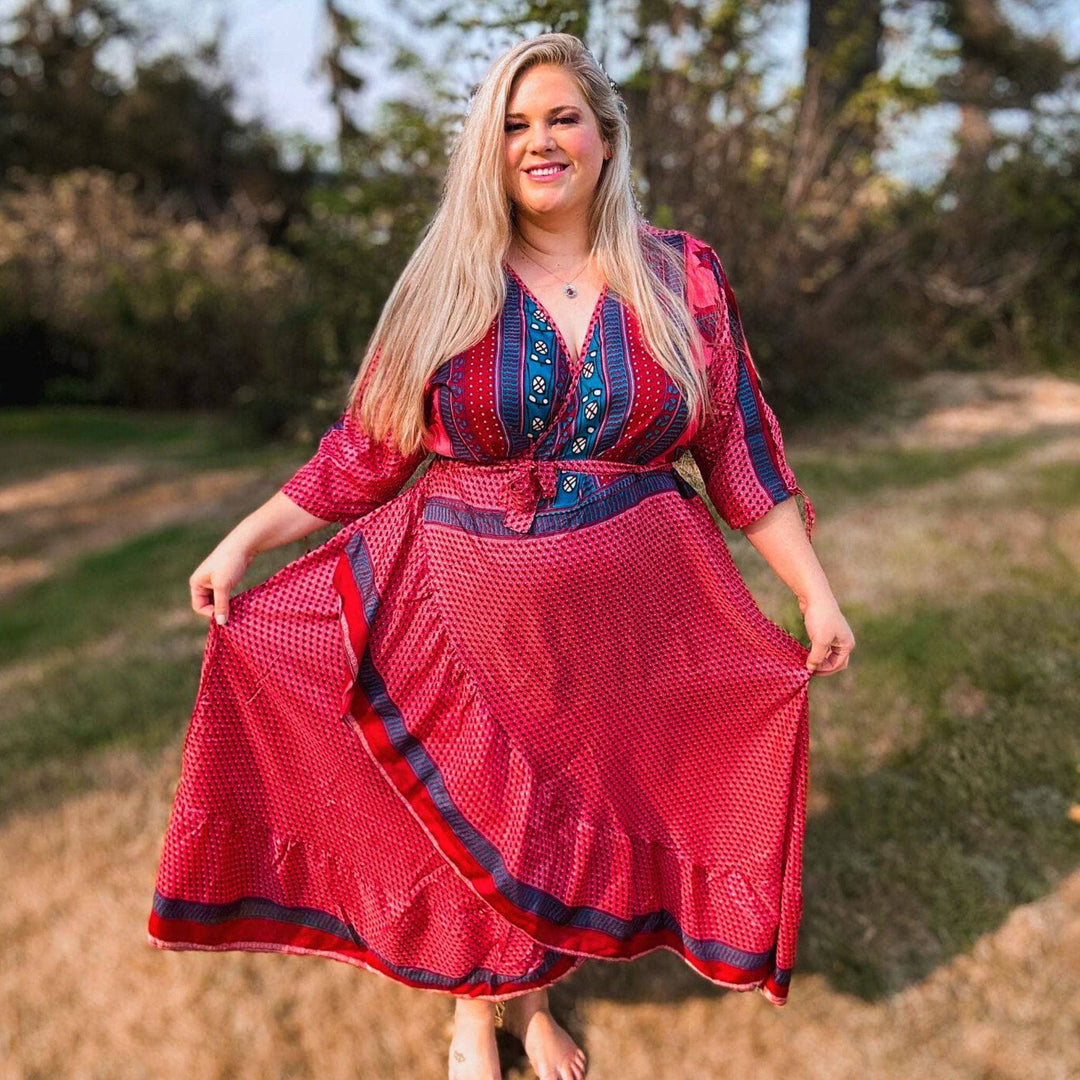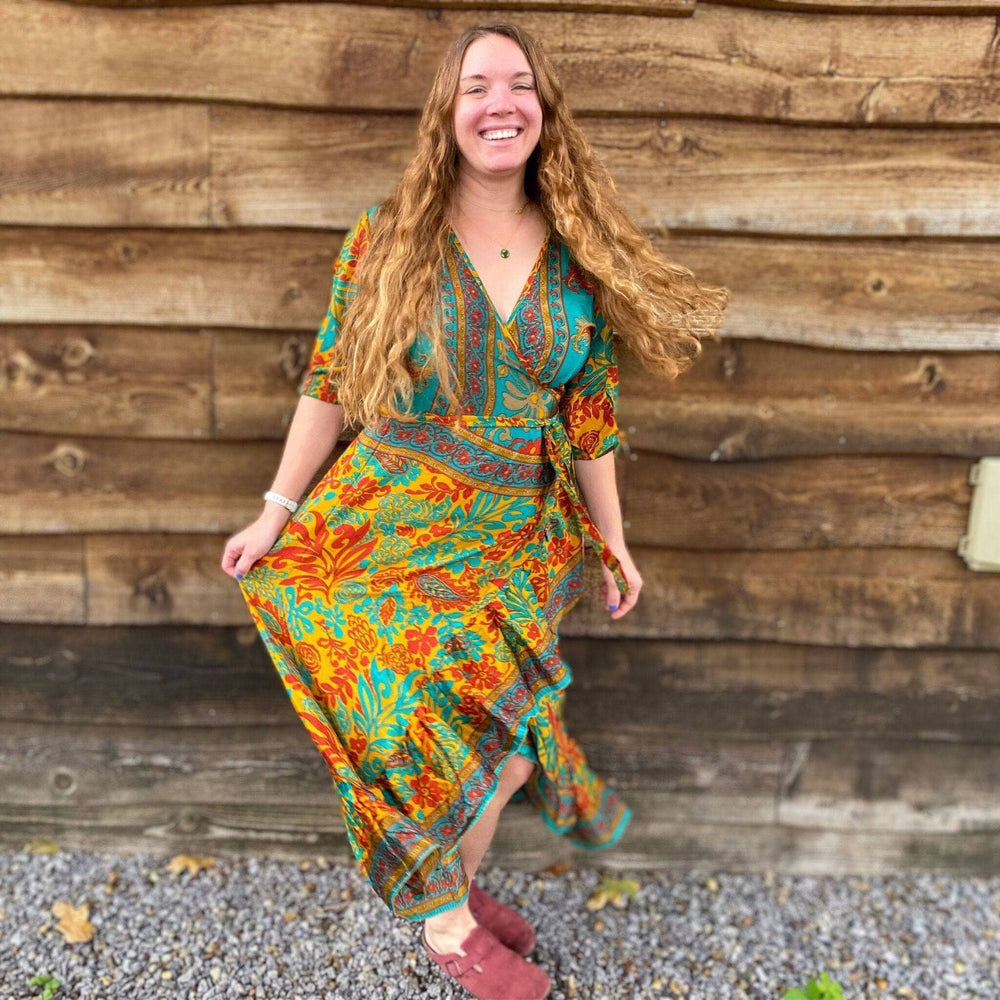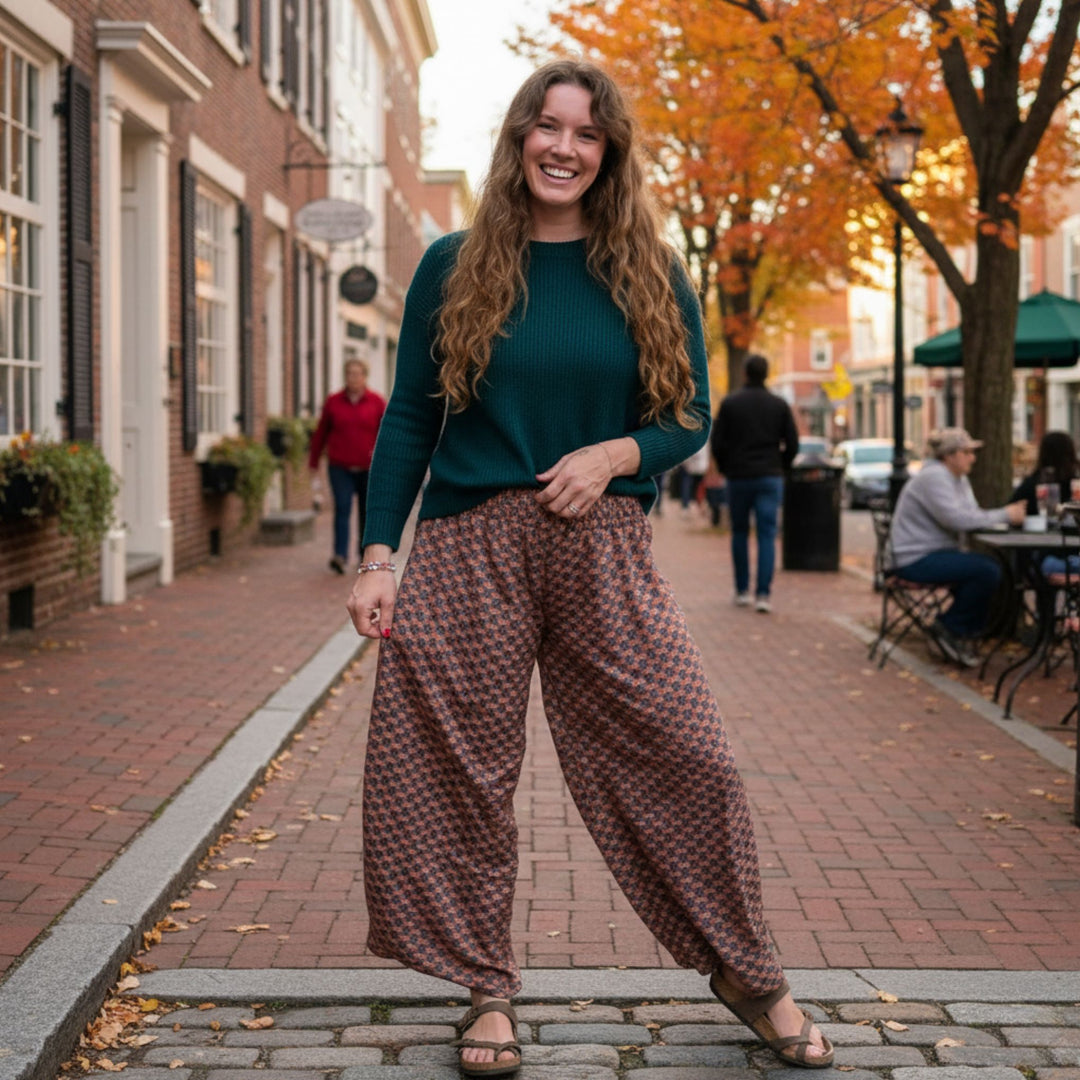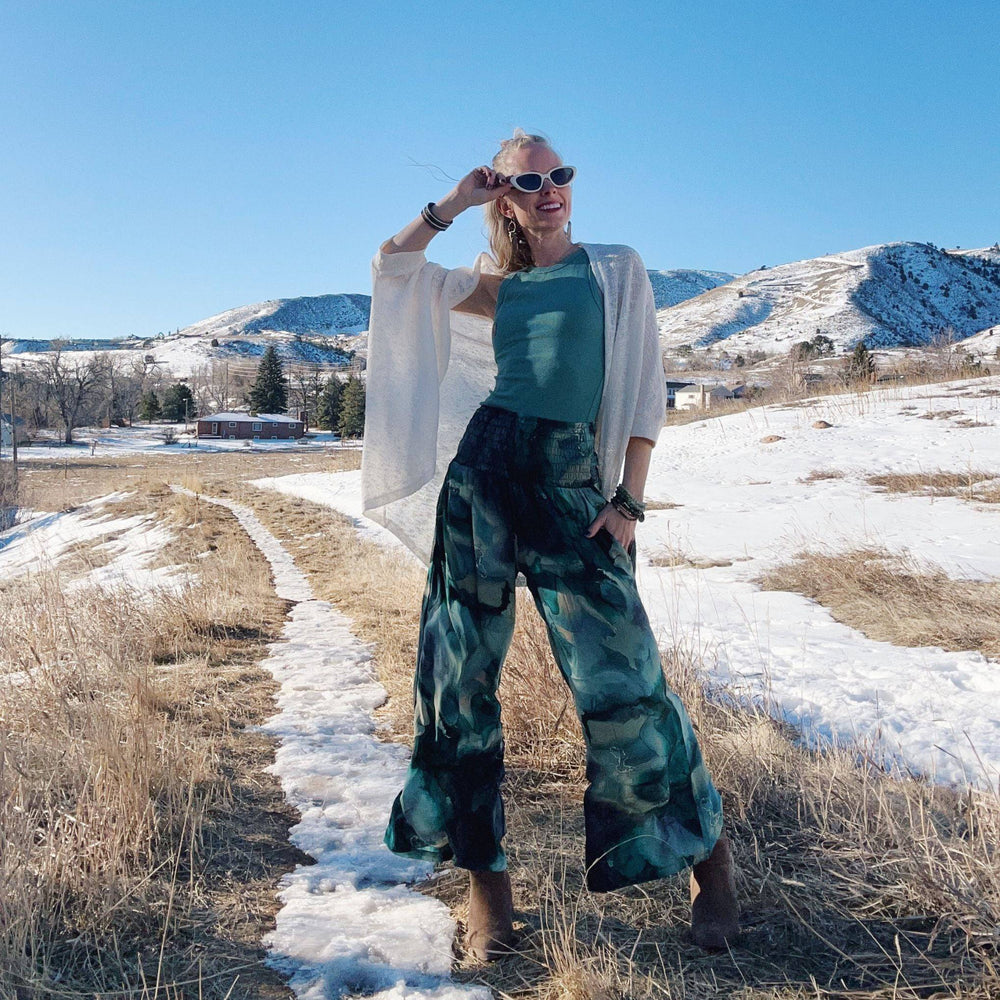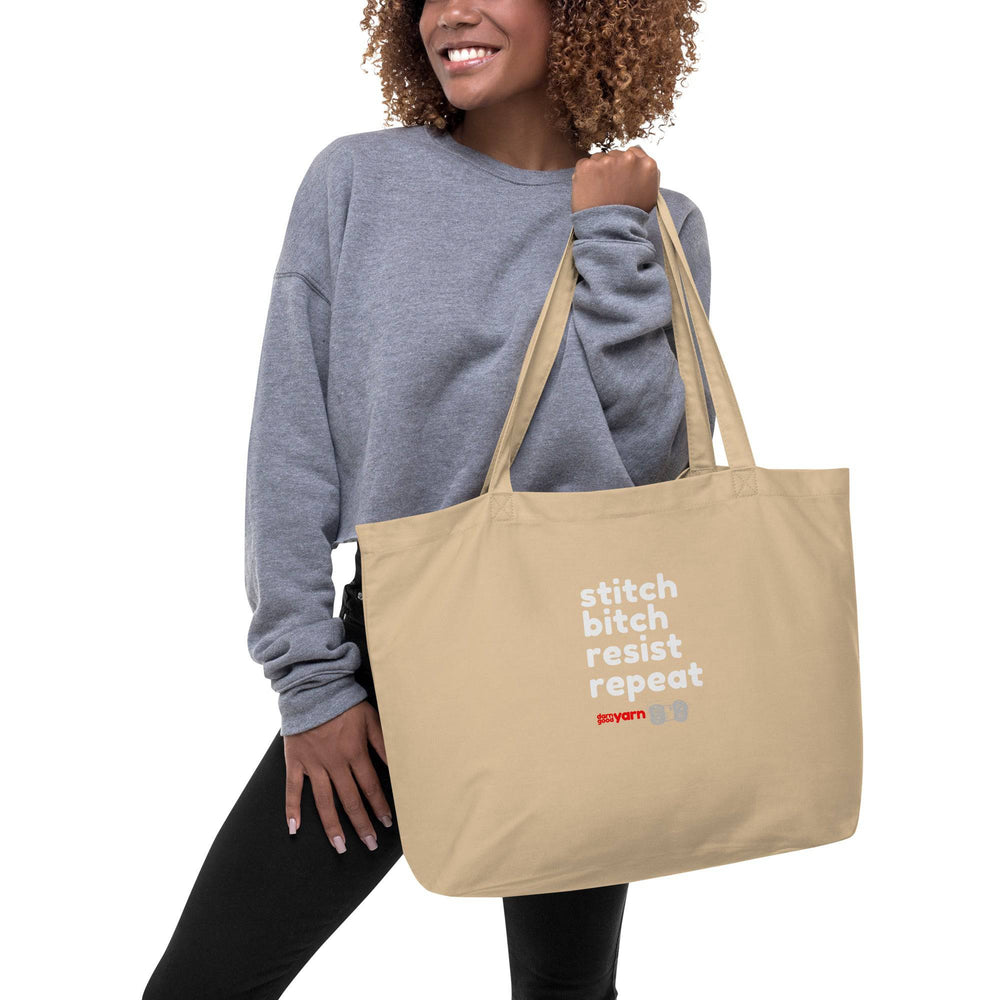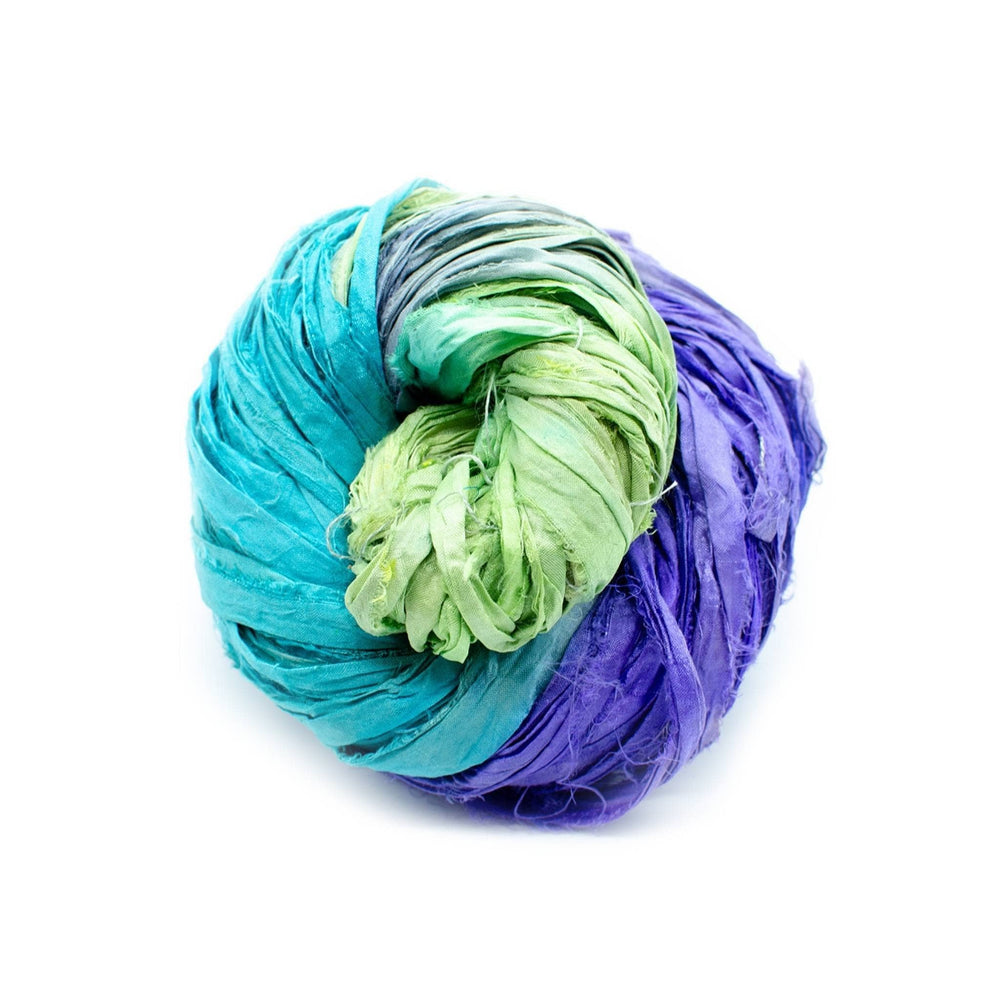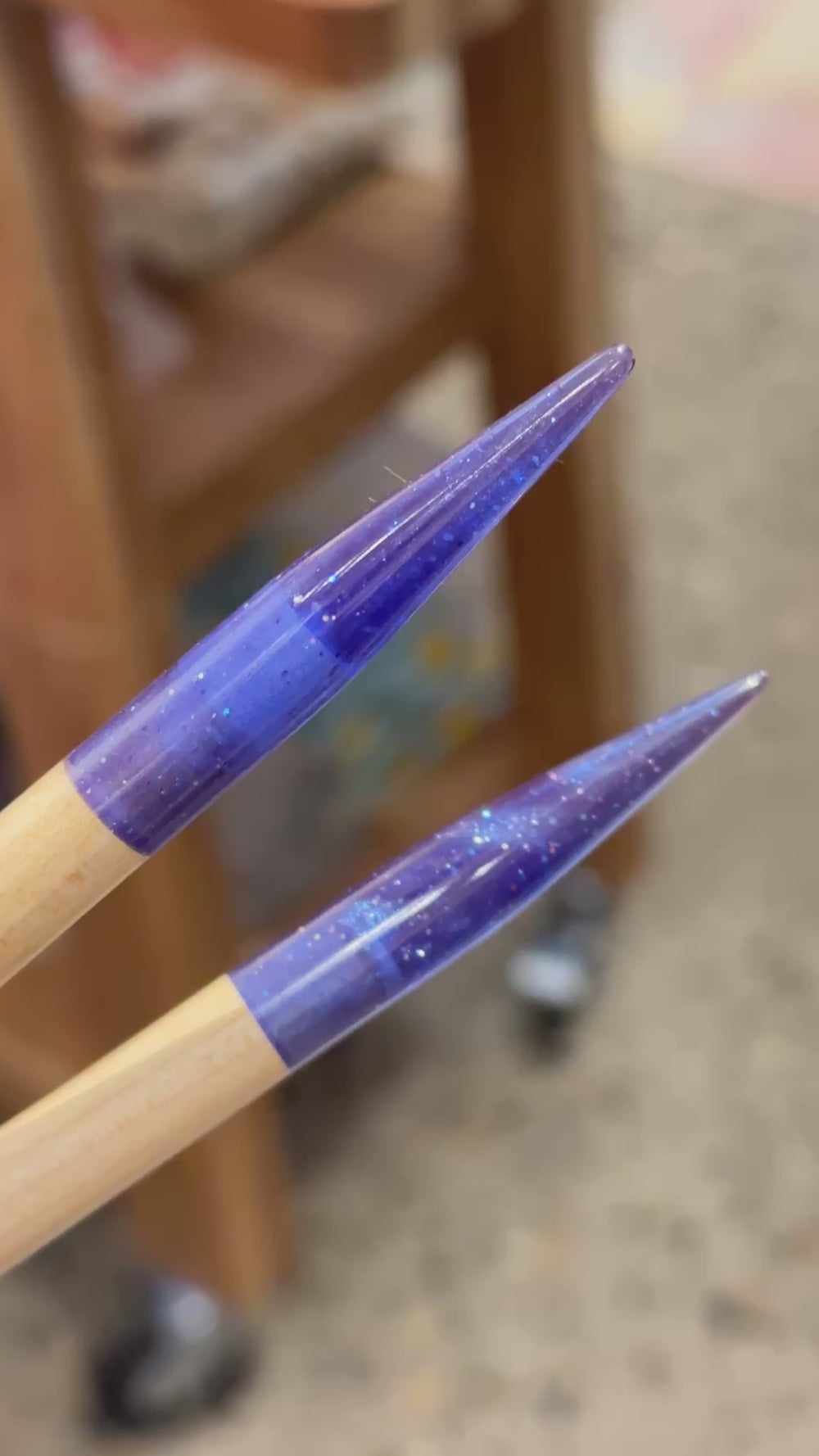Written by Kate Curry
It’s important to know where your purchases are coming from. Was this product made ethically? Was the person who made this an adult and were they paid a fair wage? How was this product shipped? These are all questions that the conscious consumer asks themselves before they click ‘add to cart’.
To know that you’re supporting an ethical company, that company needs to be transparent in their entire supply chain. From implementation, creation, all the way up to delivery! Companies are accountable for their workers and making sure that their products are supporting the workers as well as the customers.
How are our products invented?
Our products are created by:
- An idea from our artisans
- An idea from our USA-based team
- Customer requests
When a new idea for a product pops up, our USA based team brainstorms up the pattern and details. From there, our artisans are given the details and patterns needed to create the new clothing, accessory, or yarn. The artisans then create a small batch and send them to us for testing and review. Once we give it the thumbs up, we place a slightly larger order of the new product to see how our community will like it. This process can take months!
How do we source our fiber and fabric?
Our handmade items are made out of reclaimed and recycled materials. We source these fabrics and fibers in three different ways
- Reclaimed from landfills
- Donated by locals
- Reclaimed runoff from local textile factories

These three sourcing options help ensure that we are saving as much fabric as possible from being thrown away. These reclaimed fabrics are typically silk saris of varying styles and fabric.
We have artisans whose job it is to pick up donated fabric in their communities, as well as to go to landfills to find any usable fabric. These fabrics are then brought to our co-ops for cleaning, sorting, and preparation to be made into recycled yarn and clothing.
Where are our products manufactured?
The majority of our products are made in India and Nepal. In India, we have a team of over 600 artisans who create our yarn and clothing all-year round in safe conditions and for a living wage! In Nepal, we have a smaller co-op team who creates our purses, felt balls, and other accessories.

There are dozens of DGY co-ops around the world, each managed by a community leader. This manager makes sure that artisans are safe and have what they need to succeed! Both the managers and the artisans have contact with our US-based team here in New York.
How are our co-ops and warehouses run ethically and safely?
In our co-ops, there are no employees. They treat each other with respect as a community of artisans and they see each other as family instead of co-workers. In India, there are not as many laws regulating safe working environments - and we are proud that our co-ops:
- Pay the artisans on time AND in full!
- Offer fair waves above the average market standard
- Offer flexible working hours for those taking care of children or family members
- Provide casual leave and holidays
- Offer overtime pay!!
- Top-notch facilities including water, restrooms, and CCTV protection
- Transport to and from the co-op is provided to ensure that they get home safely
- Safety equipment such as masks, gloves, boots, and aprons are available and MUST be worn when dyeing.
- Financial aid provided
- Social support provided
- Absolutely 100% no child labor - this is a HUGE issue in India.
Some of these points may not seem like much, but the majority factories or jobs do not meet the bare minimum for safety- and there are no regulatory rules that they have to follow. We are so happy to be able to provide a safe, happy, and fun working environment for our artisans by having assessments from The Quality Research Organization!

Our warehouse is based in Upstate NY and we have frequent OSHA reviews to ensure the safety of our team. Mike (AKA Safety Steve), Nicole’s husband, is also our chief technology and safety officer. After working in dangerous settings as an engineer, Mike is focused on keeping the whole team safe - from forklift training to COVID alerts.
With a clean bill of health from OSHA compliance, the DGY warehouse is safe for all our workers!
How do artisans ship our products to the USA and to you?
Products are shipped in compact bales to ensure that we can ship as much product with as little free space as possible. These shipments are often sent via ocean freight, since shipping by air is expensive AND worse for the environment than barge shipping. These ships travel from India, to Germany, and finally to New York!

As a company, we have implemented carbon neutral shipping with UPS! You can learn more about that here! Our goal for carbon neutral shipping wasn’t enough either. We have started using recyclable and biodegradable poly mailers for our customer’s orders to ensure that our orders are not causing more harm than good!
What you should know about our supply chain?
We are so lucky to have a relationship with our artisans around the world. With your help, we are able to support hundreds of artisans like Tara, Gurusiddappa, and Sabreen. It is important to know the names, faces, and stories of those that we work with!

Our artisans are predominantly women who are hired because they cannot find safe and sustainable work in their areas. Many local jobs, like metal smelting or tobacco rolling - are oftentimes dangerous or seasonal. When anyone comes to us for help, we make sure that they are trained! We take the time to pay them to train so that they can earn while they learn! In the last few years, many factories have closed, leaving a ton of skilled artisans looking for work.
To further help our artisans, we have our Darn Good Fund. When you purchase any items from our Be Darn Good collection, a portion of your purchase will be donated to the Do Darn Good Fund! This fund is a company held fund that directly pays for the needs of our artisans and their families. This includes education, medical care, and disaster relief. With these funds, we have been able to support our artisans with much needed surgeries, medical equipment, home goods, school supplies, and building supplies!
This fund is one of the ways we choose to support our artisans and strengthen not only our supply chain, but the relationships we have with our artisans.
 Rewards
Rewards





